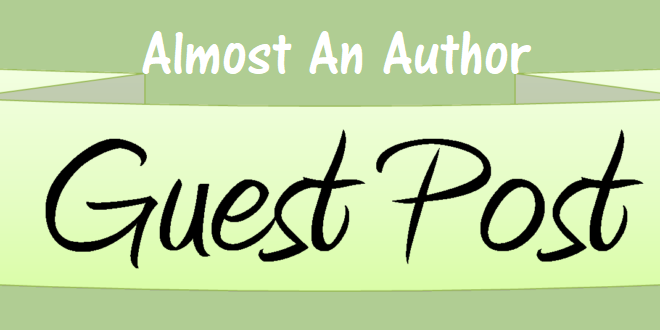A little kid screams, “I want my pop.”
There begins a translation of what this kid wants. Someone would think it’s a soda. Another may think it’s candy. Surprise, because where I originally come from, it’s a form of saying “dad.” Soda itself in my home country is a chemical used to make soap locally.
Language continues to amaze me. When I started considering writing for an international market, because initially I only wrote for the Nigerian market, I discovered I was close to being a total illiterate.
Nigeria’s official language is English. The country was colonized by the British and so written formally, we use British form. However, over the years, there is the street language, which is called “broken” or “pidgin” English, and then there is the informal way of speaking and writing English the “Nigerian” way, many now call, Ninglish. Most of the words in Ninglish however, do not exist in the English dictionary. Imagine words like “pepperish.” It’s meant to mean “hot” or “spicy” or food with a lot of pepper in it. Otherwise in Ninglish, hot is about the temperature, and spicy means it has a lot of spices, not pepper.
Have I confused someone already? I often get so confused myself.
Let’s dabble a little into weights and measures. Ounces and pounds, grams and kilograms, miles and kilometers, and the weather! It’s a totally different language. Dialects of English we can’t even begin to imagine. Some have little or no semblance to the meaning of the other. Many times, the word is used differently. And even when they mean the same, they are spelt differently. For example, center and centre, favor and favour.
I had to go online and find the American and British words dictionary, something I plan to own eventually, so I can study the two languages, or should I say, dialects of English.
When I hold a purse, I’m assumed to be holding what I believe Americans refer to as a wallet. And when I carry my handbag, it’s America’s purse.
On and on, I can fill several pages with the differences.
As a writer, the first thing is to know your audience. Are you writing for the local market, or for the international market? I have discovered there is also acceptable international English, though I am yet to read anything is this “dialect.”
One consolation I have is that most people understand both main dialects especially when you consider the context in which the words are used.
Then, it is important to know the setting of the story, and the way the people speak, or rather, how they use words where your story is set. We will be surprised how much of “street” language is used everywhere in the world.
For non-fiction, it is so much about the audience, than the setting, unless you are writing about a geographic location or related matters.
One mistake a writer should never make is to assume everyone understands what s/he is saying, or rather, writing.
We speak differently, we think differently so a writer should be vast enough to write “differently.”
Sinmisola Ogúnyinka is a pastor’s wife, mother, writer and movie producer. She has a university degree in Economics and is a graduate of Christian Writers’ Guild’s Craftsman program. She lives with her family in Philadelphia, PA.
Blog: www.sinmisolao.wordpress.com
Twitter: @sinmisolaog







5 Comments
Sinmi, Beautiful and informative post!
Thanks, my dear mentor Diann!
Wow, great article, Sinmi! Thank you for explaining the difference in the language across the oceans. Such an important topic, if we are to communicate effectively with the readers around us and in different places of the world.
Thank you for this information AND perspective. We Americans, I think, forget that ours is not the only form of English in the world.
Blessings!
Thanks for reminding us of this important issue, Sinmisola. Recently, I was working on a devotion I wanted to submit to an international publication, and I realized the cultural references (so closely associated with language) wouldn’t translate. The reference was central to my theme, so I had to give up that project. We all need to keep these things in mind!